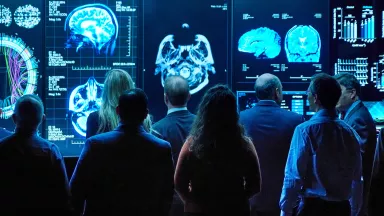Spinal Disorders
Spinal cord issues occur in the bundle of nerves running down the middle of the back as a result of injury or disease. When a specific group of conditions causes damage or deterioration to the spinal cord, disorders such as spinal cord infarction, spinal muscular atrophy, osteoarthritis, and spinal stenosis may occur. When the spinal cord is damaged, the signals between the brain and the body are disrupted, having an impact on normal functions, sometimes leading to permanent disabilities.
Some potential causes of spinal cord disorders include injury, vitamin deficiency, autoimmune diseases, neurological diseases like Multiple Sclerosis (MS), bacterial infections like syphilis and blood supply blockages. Some disorders start outside the spinal cord as a result of compression of the spinal cord (because of a fracture, hematoma, abscess, degenerative condition, or a ruptured or herniated disc) and injury.
Other conditions that may trigger spinal cord damage include autoimmune diseases, vitamin deficiency, blood supply blockages, and bacterial infections such as syphilis.
If you or someone you know has been diagnosed with a spinal disorder, you may feel overwhelmed. Please visit the menu on the left to develop a deeper understanding of the different types of spinal disorders and how they are diagnosed and treated, as well as symptoms, causes and risk factors.




